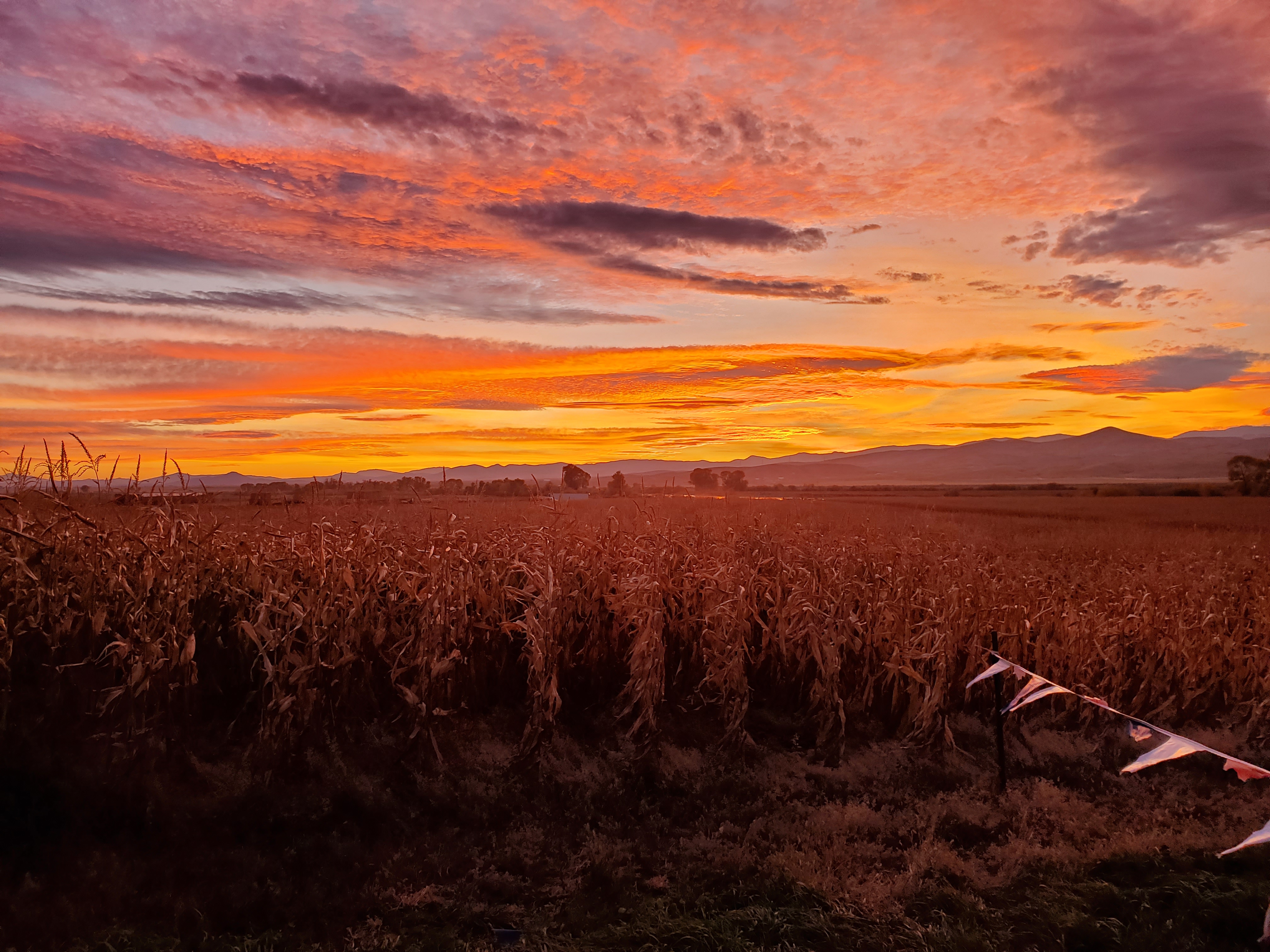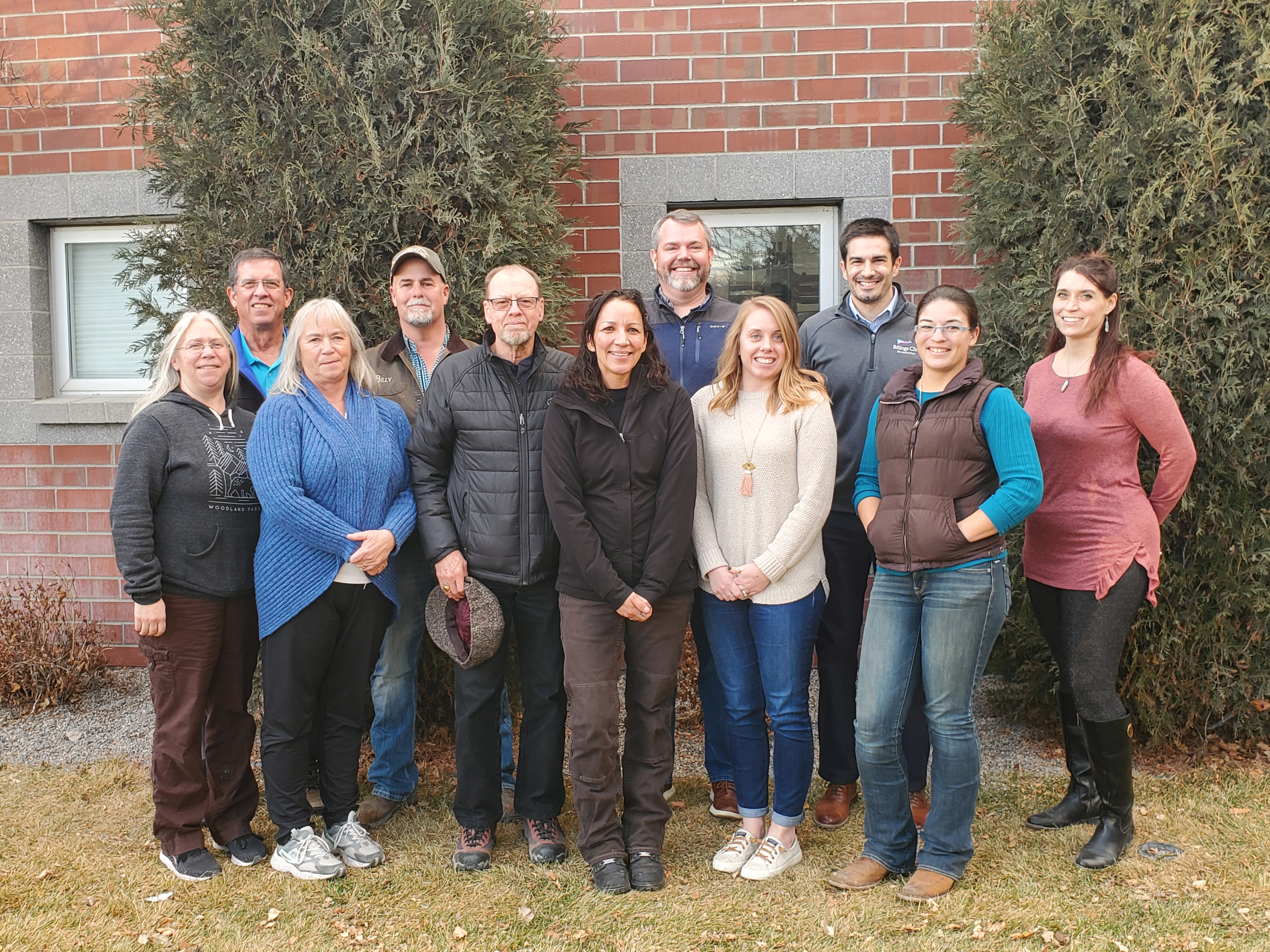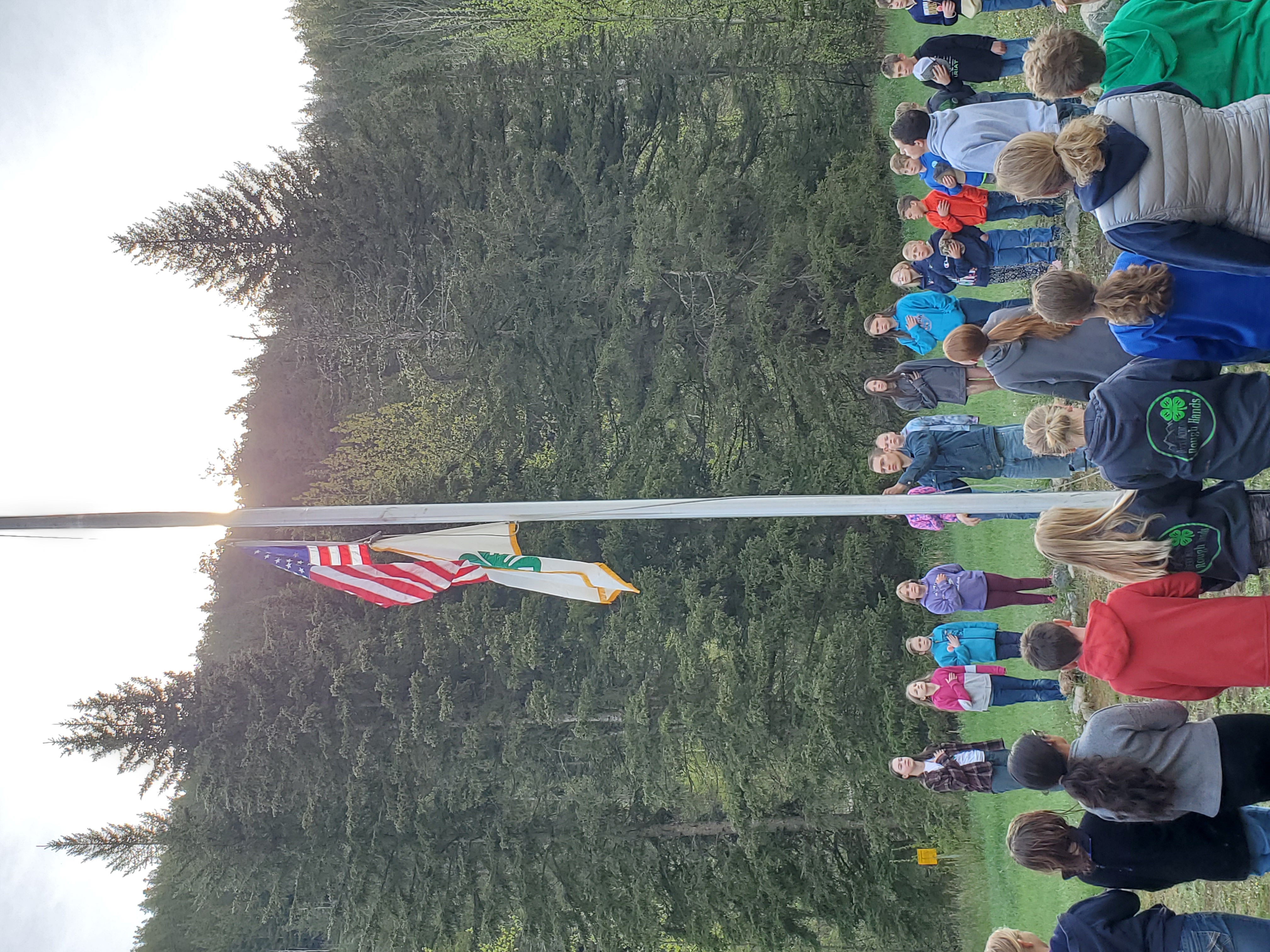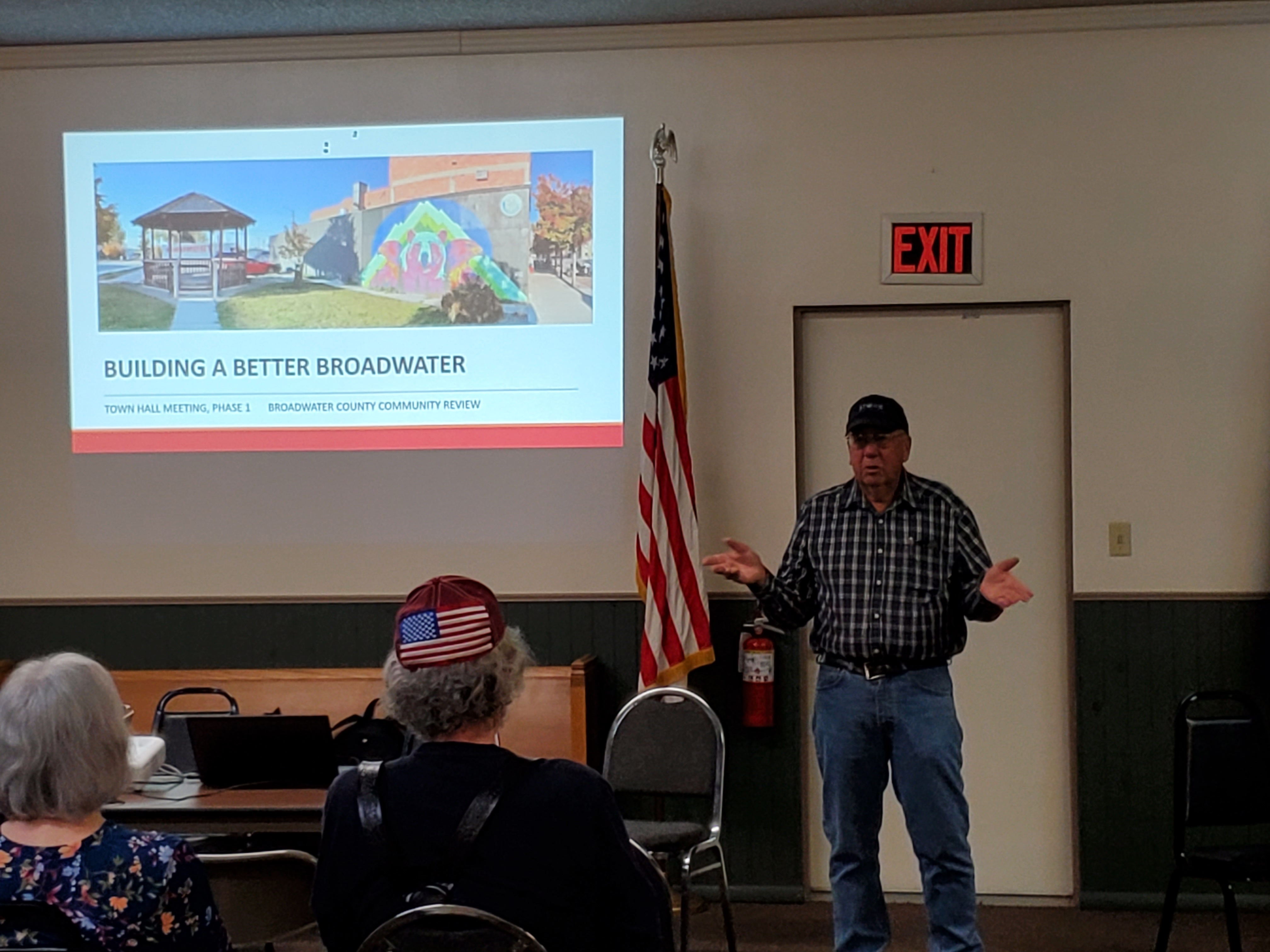
Broadwater County
Introduction
Published: 2022By Allison Kosto
Enhancing Leadership Skills in Broadwater County
Published: 2022By Allison Kosto
The program met monthly for nine months. Each class featured a leadership development topic and a community experience. Leadership topics included personality styles, communication, conflict management, generational differences, leadership styles and effective meetings. For the community experience, each session featured an on-site visit or tour, or a guest speaker or panel to present information on a topic relevant to the community.
There were 13 applicants for the first class and 10 successfully graduated in May 2022. On the final evaluation, participants shared examples of how the program has impacted them and furthered their reach in the community: • 100% of survey respondents felt their participation helped them to improve the effectiveness of meetings and actions of boards or groups they are a member of. • 86% of survey respondents felt they had become better leaders at home, work or in the community. • 3 participants became new members of community nonprofits or organizations. • 3 participants supported or mentored someone else to become a better leader. • 2 participants planned to apply for a board position within the next 6 to 12 months. • 1 participant became a member of a government board. • 1 participant started a new community effort or project.
Because of the success of the class, a second program started in September 2022 with 15 participants.
Photo Courtesy of Allison Kosto
4-H Prepares for Growth
Published: 2022By Allison Kosto
To prepare for continued growth, Broadwater County 4-H held a strategic planning session in August 2022 to identify priorities and set goals. As a result, the Elkhorn Clovers 4-H Club was reactivated, making a total of seven clubs in the county, which is a record in recent history. Additionally, the 4-H Livestock Committee developed a campaign spearheaded by chairman Jason Noyes to raise more than $400,000 to build a 4-H Livestock Pavilion at the Fairgrounds, which should be in place by the 2023 Fair. The pavilion expands the 4-H program’s ability to show and house animals during the fair.
Through 4-H, youth learn life skills, including leadership, communication, critical thinking, goal setting, and healthy choices. On their scholarship applications, graduating seniors shared skills gained through 4-H: • “Being involved in 4-H helped me to develop into the leader that I am today. It has shown me the value of serving others.” -Colton Noyes • “4-H means inspiration, growth and leadership to me. 4-H has allowed me to grow into who I am today.” -Gabriella Rauser • “4-H has molded my idea of a leader into something very achievable and real.” -Bailey Taves
Aligning Community Priorities
Published: 2022By Allison Kosto
During the summer of 2022, a survey was sent out to every household in the county. Next, the county hosted a team of outside facilitators for a series of listening sessions. There were nine listening sessions across the county which were attended by 114 participants. The listening sessions culminated in a Town Hall Meeting where facilitators shared information on initial data from the survey and listening sessions. They identified priority areas which included housing and planning, small business and employment opportunities, emergency and social services, agriculture land preservation and community involvement.
The facilitators developed a formal report that will be used to guide planning and future projects in the county. Additionally, the community is gearing up for phase two of the review process in early 2023. For this phase, BCDC selected three priority areas, and another team of facilitators and subject matter experts will be brought into the county to develop action plans with local stakeholders.





